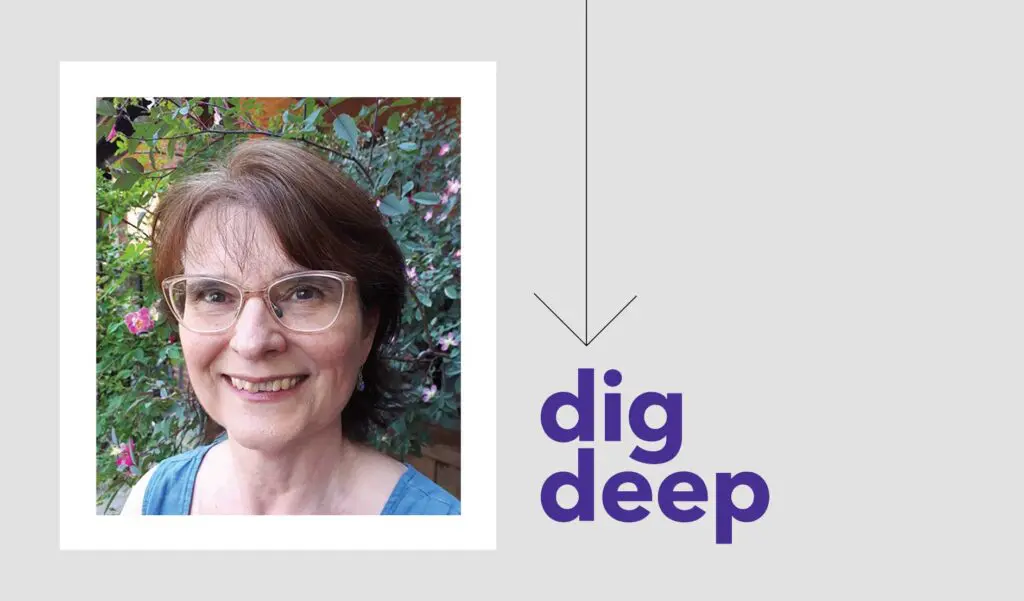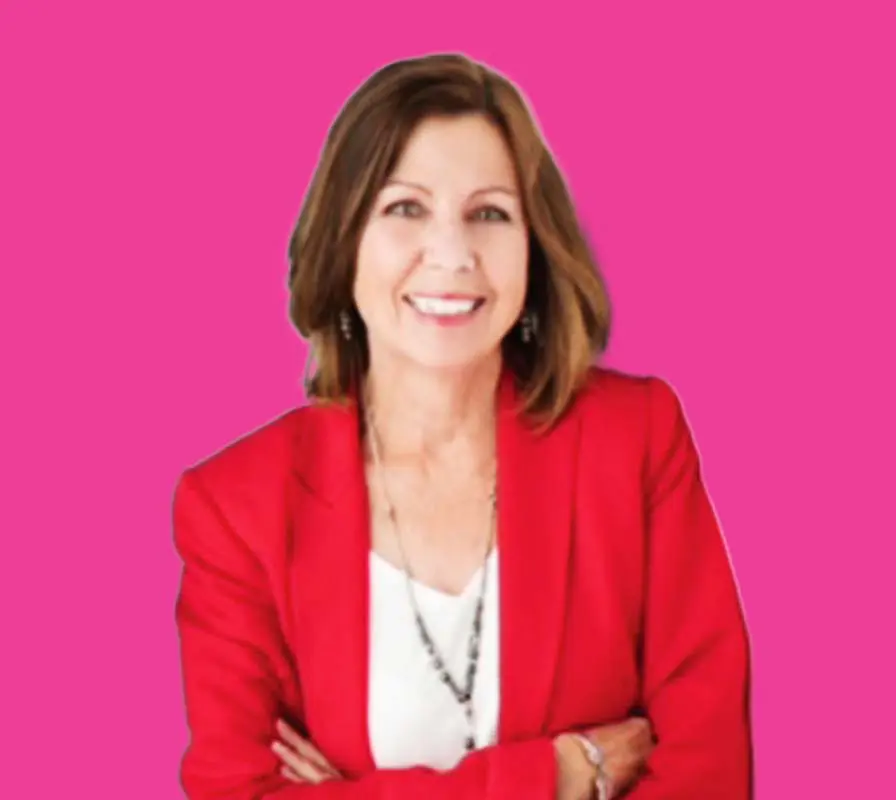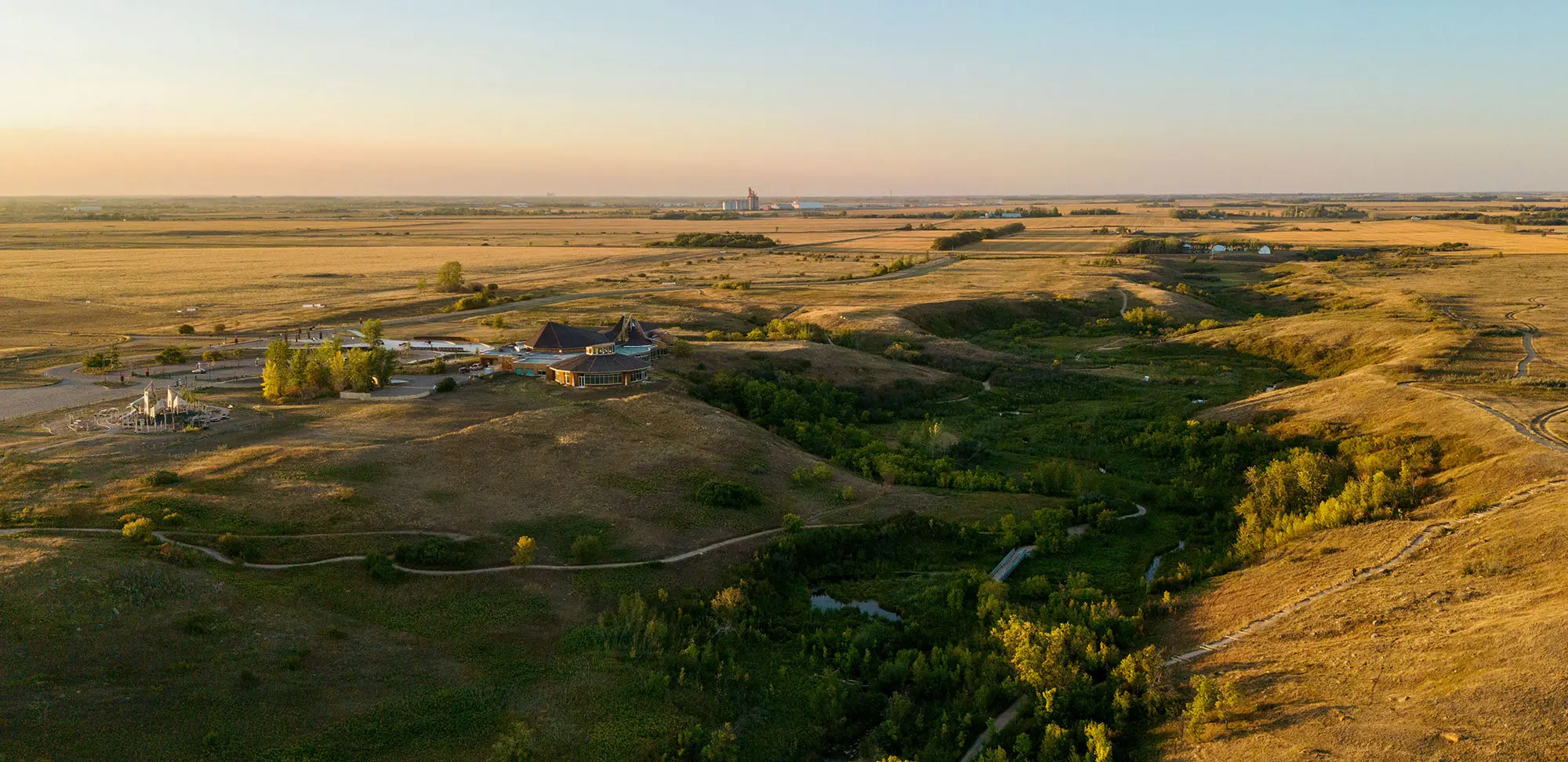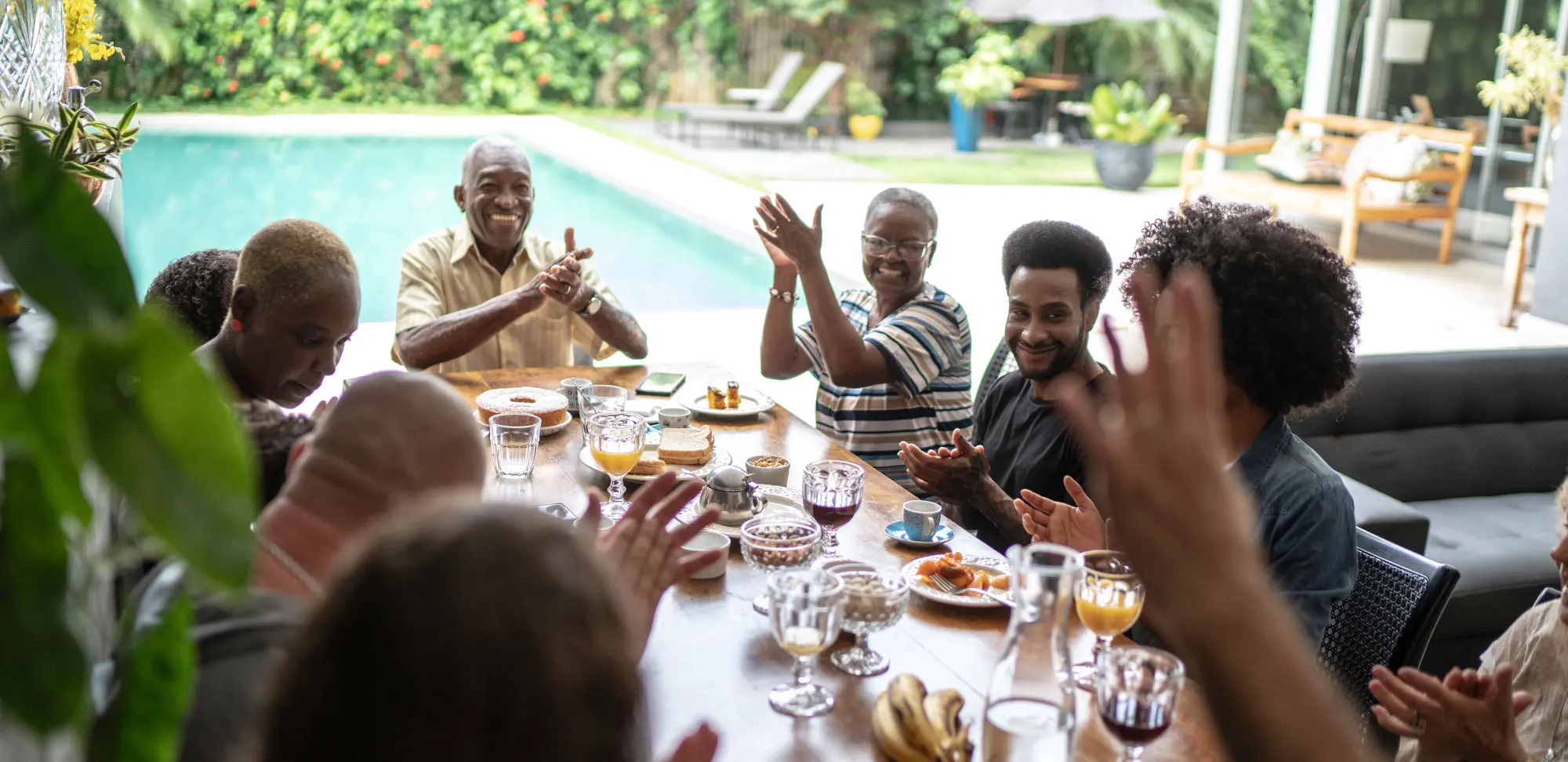You look forward to retirement — no must-dos, just want-to-dos. It’s like a second act, where almost anything is possible. And then you discover that leaving your career behind is not as simple as you had thought. Retirement calls for rethinking your life, replacing the structure and sense of purpose you enjoyed when you were working.
With what?
And how do you stay motivated when your days are a week of Sundays and you can put off pretty much everything until tomorrow, or the next day, or whenever? You plan your retirement before you retire.

David Caruana (District 24 Scarborough and East York) planned to do more of what he loved to do and live life to the fullest. “I knew being so busy for 33 years, I had to retire ‘to’ something or I would go crazy,” he says. Even before he finished his final year as a vice-principal in 2010, Caruana had applied to be a substitute teacher, something he’s now done for nine years.
He put his hobbies to work, tending the turf at a golf course in the summer and volunteering with the Canadian Ski Patrol in the winter, allowing him to golf and ski for free.
And that’s not all. Since retiring, he’s worked as a faculty advisor, guiding young teachers through their practice teaching weeks. He’s travelled extensively with his wife, Susan. And he’s intentionally said “yes” to almost every interesting opportunity that has come his way — judging a science fair, working a polling station, volunteering at a food bank, taking bass guitar lessons, starting one band (Midlife Crisis) and joining another with two retired teachers (The Psycherelics).
“Never use ‘I’m too old’ as an excuse,” Caruana says.

Susan McElcheran (District 16 City of Toronto) had a plan, too. She had completed a master’s degree part-time while teaching and promptly enrolled in a PhD program when she retired in 2020. As a teacher, she worked with students with learning disabilities, and her PhD is in the theology of intellectual disability. “My studies involved me in courses and communal activities with all sorts of people, and the experience has been challenging and fascinating,” she says.
Now wrapping up the fourth year of the PhD program, McElcheran feels she’s part of a scholarly community that supports each other. She’s also engaged in interesting and challenging work that she hopes will contribute to the well-being of others, particularly those with intellectual disabilities. And she’s had some fun and interesting travels presenting papers at Boston College and at the Institut Catholique in Paris.
“After retiring from work, people may lose roles that provide purpose and social contacts,” say the authors of a research review reported on by the McMaster Optimal Aging Portal, an RTOERO partner. The review, conducted by the UK’s Centre for Ageing Better, looked at key factors influencing the transition to retirement in almost two decades’ worth of research.
One factor in particular stands out: Retirees who have not taken the time to plan for retirement generally do not feel in control and experience more negative effects and stress.
One of the most consistent findings: People who felt they had control over the retirement process had better outcomes in retirement.
The Centre for Ageing Better authors suggest that more work needs to be done to understand the factors that affect retirement expectations and adjustments. This includes filling a gap in research looking at the influence of other roles in life — such as being a parent or grandparent, caregiving and volunteering. However, they say, “For those who choose to retire, helping them to think about, and plan for, positive experiences in retirement whilst they are still in work could reduce problems adjusting to retirement.”
Sage advice
- Test the waters. “Engage in various activities before you retire to find a good fit for yourself and your partner.” —Richard Mason (District 13 Hamilton-Wentworth, Haldimand)
- Look at ways to do more of what you already like to do, such as travel, sports and spending time with family. “Find something you like to do, either for pleasure or for pay (I drive a school bus) and just keep busy!” —Marvin Sandomirsky (District 28 Region of Durham)
- “Find something you enjoy doing that engages you with others.” —Susan McElcheran (District 16 City of Toronto)
- Try something new. “Join a book club to meet people and have a social activity. Join Probus, which has clubs across Canada offering interesting speakers and activities. And don’t let ability stop you. I took up bass guitar in my late 40s, and it’s the most rewarding of anything I do.” —David Caruana (District 24 Scarborough and East York)
- Find an interest or hobby that is yours alone. “Make sure you have something you love to do on your own so you are not relying on others to entertain you or fill your time.” —Sherri Richardson (District 17 Simcoe County)
- Get a part-time job. “Train yourself to do something else other than teaching. Getting out, having another interest, getting extra money and feeling useful are all important.” —Ann Marie Nickerson (District 15 Halton)
- Start a new career, “the one you would have liked to pursue [before you] opted for teaching. I enjoyed a 32-year career as an actor after I retired, in plays, films and commercials, including a six-year gig as one of the Grumpy Old Men in the TD commercials.” —James Downie (District 15 Halton)
- Keep learning. “Follow your passions. Try the things you had no time to explore while working!” —Marlene Castura (District 13 Hamilton-Wentworth, Haldimand)










